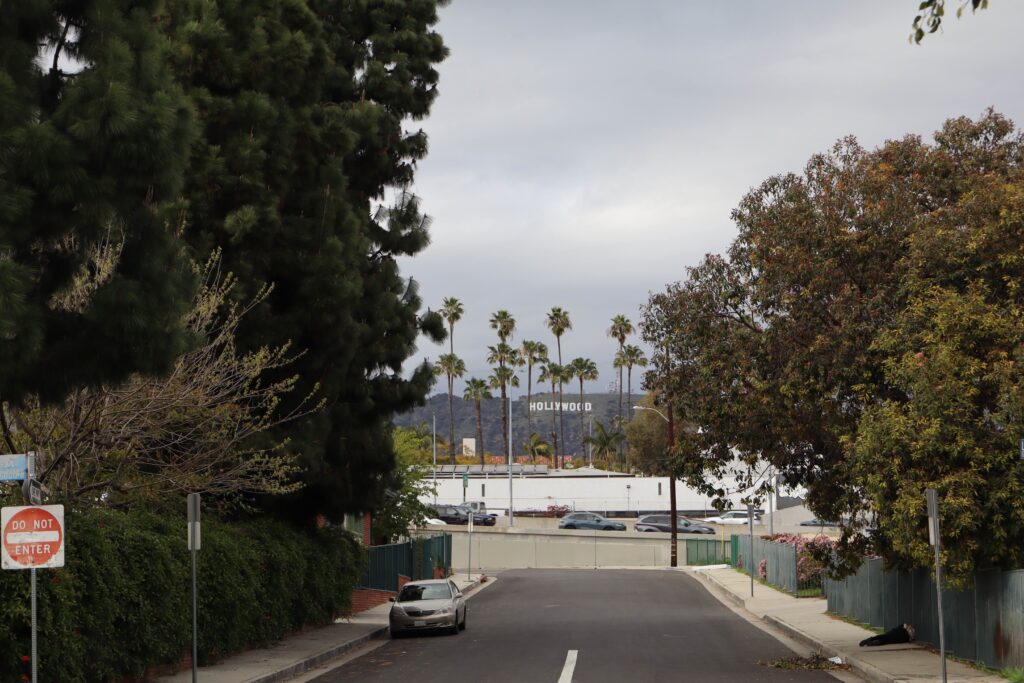Carlos Joaquin, a realtor by day and an aspiring actor by night, transforms his modest bedroom in Burbank, California, into a makeshift audition room. He hangs a white sheet as a backdrop, sets up a tripod to hold his iPhone, and prepares to self-record an audition for a pilot. During his work breaks, he has been memorizing the three-page script for a dark comedy where he is auditioning for the lead role. The casting notes specify that the character should have a Chicano accent, piercings, and tattoos.
Yet beneath the hopeful excitement of each audition, Carlos, also known by his stage name CJ, like many other Latino actors in Hollywood, struggles against the relentless challenge of underrepresentation and misrepresentation. “Casting directors and writers in Hollywood rely heavily on subjective perspectives when portraying Latinos,” Carlos remarks, his voice tinged with resignation.
Despite being the second largest demographic group in the United States, surpassing Black and Asian populations, Latinos remain significantly underrepresented in the entertainment industry. According to West Leeds Radio Network, Latinos account for nearly 19% of the U.S. population but are cast in only 4% of roles in theatrically released films. In contrast, White actors secure 68% of these roles, Asian Americans 16%, and Black Americans 6%. These figures expose a profound imbalance, reflecting systemic obstacles that continue to limit opportunities for Latino talent in the film industry.
This issue is not new to the Hollywood scene. From Marlon Brando’s portrayal of Mexican revolutionary Emiliano Zapata in the 1952 film Viva Zapata! to French filmmaker Jacques Audiard directing the 2024 Spanish-language film Emilia Perez, Latino stories have often been filtered through non-Latino lenses. Industry giants like Paramount Pictures and Warner Bros. have faced criticism for consistently sidelining Latino talent in lead roles, directing, and writing positions, despite public statements pledging to improve diversity.
Alejandro Fumero, a Venezuelan filmmaker who fled his home country a decade ago and now is the head of Fumero Films Production in Los Angeles, has experienced this disparity firsthand. Initially an actor, Fumero transitioned to screenwriting and production, realizing that true representation begins with authentic storytelling. “Without qualified Latino writers telling our stories, true representation will remain a dream,” he asserts, denouncing the appropriation of Latino narratives by European and American creators.
For Brenda Saucedo, a former actress who now works as an executive director’s assistant at Netflix, the problem is deeply rooted within Hollywood’s executive offices. “Most decision-makers here are White; the only Latinos in this building are the janitors,” she said. “And you are still wondering why Latinos are stereotyped in television and cinema,” she said with sarcasm. Saucedo argues that the path to authentic representation requires Latinos to gain influence at the highest levels of the industry, where hiring decisions take place.
“Only Latinos can dismantle the towering barrier of underrepresentation that overshadows Latino artists,” she insists. Saucedo urges audiences to support Latino-made films, emphasizing that strong box office performance can force studios to invest in more diverse storytelling.
“If you want to understand Latino underrepresentation in Hollywood, just walk down the Hollywood Walk of Fame and count how many stars belong to Latino actors,” she said. Her words reflect the painful reality that systemic barriers persist, but change remains possible if the community stands together and demands visibility.


